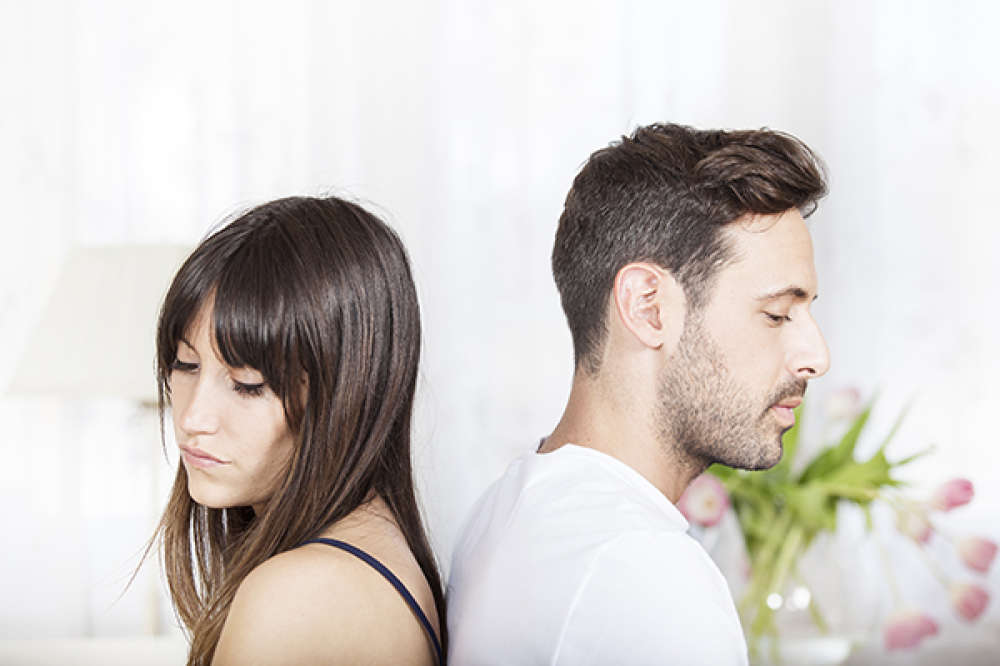Social anxiety disorder (SAD) is characterized by a fear of being negatively judged or evaluated by others in social or performance situations.1 SAD has also been linked to difficulties in forming romantic relationships, including maintaining intimacy, self-disclosure, emotional expression, and communication.1 As you can imagine, such difficulties related to romantic relationships can not only be distressing, but also serve to maintain or exacerbate social anxiety. To find ways to break this cycle, researchers have begun to further examine the factors that influence meaningful romantic relationships in individuals with SAD.2,3
How SAD Affects Romantic Relationships
In a recent study at the University of Pennsylvania, researchers examined two potential factors affecting meaningful romantic relationships in people who have SAD: the amount of perceived criticism and the reaction to perceived criticism. Both play an important role in the development and maintenance of meaningful nonromantic social relationships.4
In the study, 343 couples between the ages of 18 and 23 answered questions measuring their levels of social anxiety, how much they believed their partners criticized them, how much this criticism upset them, satisfaction with their relationship, perceived levels of intimacy, and the extent to which they disclosed important and personal information about themselves to their partners. Interestingly, the results suggested that higher levels of social anxiety were not associated with greater perceptions of criticism.4
This runs contrary to studies on nonromantic social relationships, which show that greater social anxiety is associated with a tendency to perceive more criticism and judgment from others.5 This difference may be due to more uncertainty interacting with strangers and acquaintances than with romantic partners. Those with SAD may be searching for more signs of criticism with people they do not know romantically.
The recent study results also indicated that those with more social anxiety felt more upset about being criticized by their romantic partners than those with less social anxiety did. Such findings are consistent with previous studies on nonromantic social relationships, which show that individuals with SAD tend to feel worse about being criticized than do those who do not have the disorder. 5
Criticism Hurts More
For anyone struggling with social anxiety, it can be helpful to understand how this disorder can interfere with romantic relationships. This study shows that social anxiety can affect how people perceive criticism from romantic partners. It does not suggest that having social anxiety leads to feeling more upset by perceived criticism, but it does indicate that greater social anxiety is related to it.
While social anxiety is related to perceiving more criticism from strangers and acquaintances, it is not related to greater perceptions of criticism from romantic partners. This study’s results highlight that people who have SAD do not focus on if their romantic partners criticize them, but rather the hurt they feel by being criticized.
You may also want to read: Does social anxiety disorder affect your romantic relationship? Improve communication skills and avoid these 4 common pitfalls
Sources
1. Kessler, R. C.,Berglund, P.,Demler,O., Jin,R.,Merikangas, K. R., & Walters, E. E. (2005). Lifetime prevalence and age-of-onset distributions of DSM-IV disorders in the National Comorbidity Survey Replication. Archives of General Psychiatry, 62, 595–603.
2. Masland, S. R., & Hooley, J. M. (2015). Perceived criticism: A research update for clinical practitioners. Clinical Psychology: Science and Practice, 22, 211–222.
3. Wenzel, A., Graff-Dolezal, J., Macho, M., & Brendle, J. R. (2005). Communication and social skills in socially anxious and nonanxious individuals in the context of romantic relationships. Behavior Research and Therapy, 43, 505–519.
4. Porter, E., Chambless, D. L., & Keefe, J. R. (2017). Criticism in the romantic relationships of individuals with social anxiety. Behavior Therapy, 48, 517-532.
5. Rapee, R. M., & Heimberg, R. G. (1997). A cognitive behavioral model of anxiety in social phobia. Behaviour Research and Therapy, 35, 741–756.
Carol S. Lee is a clinical psychology doctoral student at University of Massachusetts Boston. She received her Bachelor of Arts in psychology from University of California San Diego in 2012 and her master’s in clinical psychology from UMass Boston in 2015. Carol works with Dr. Sarah A.
Hayes-Skelton to examine how and why therapeutic exposures and behavioral experiments in treatments for anxiety disorders work. In an effort to examine one piece of this, Carol’s current research draws from both social and clinical psychology to examine the process behind engaging in a behavior despite any fear or anxiety associated with that behavior. Carol and Dr. Hayes-Skelton collaborate to write articles for Anxiety.org.



